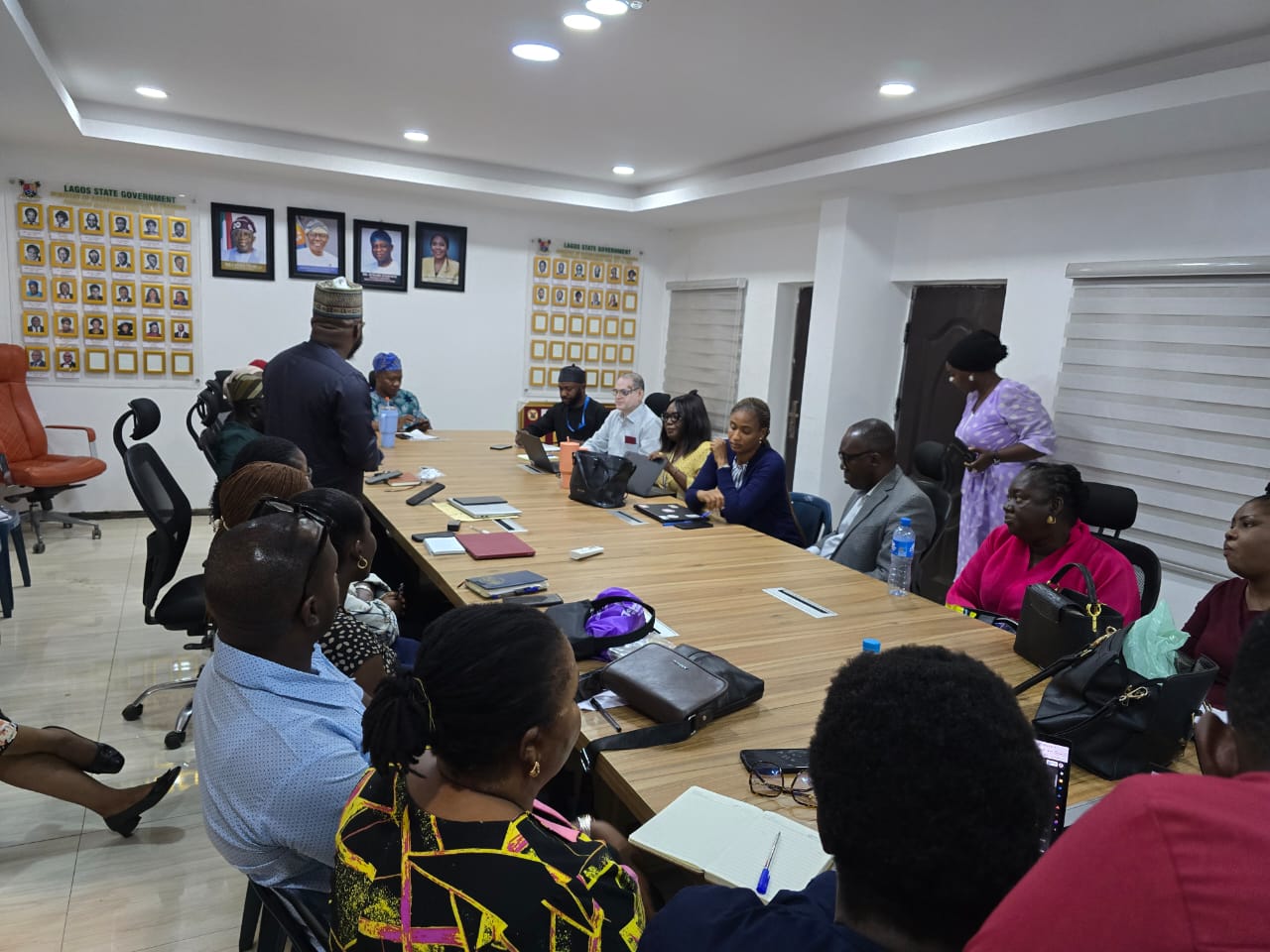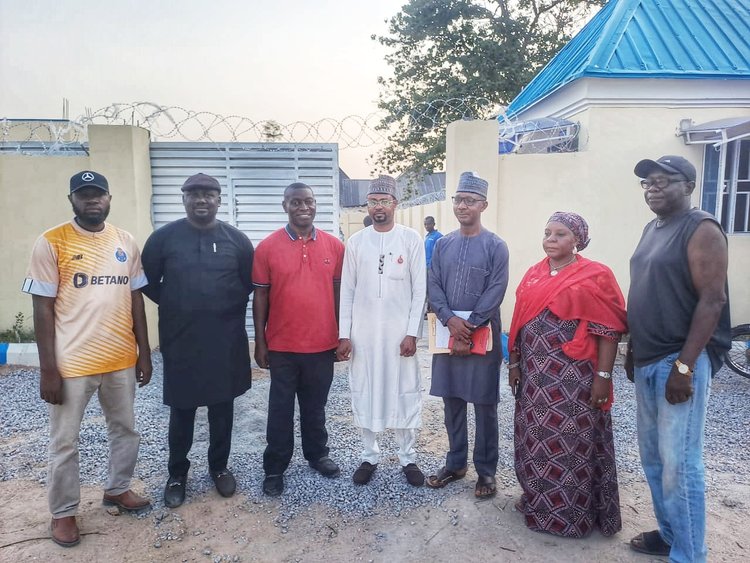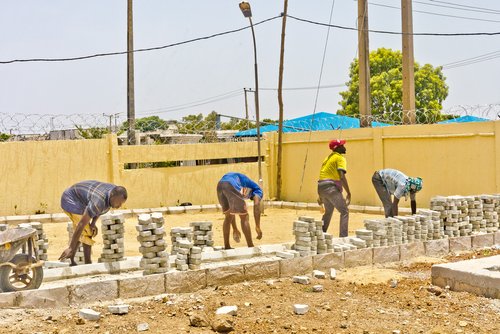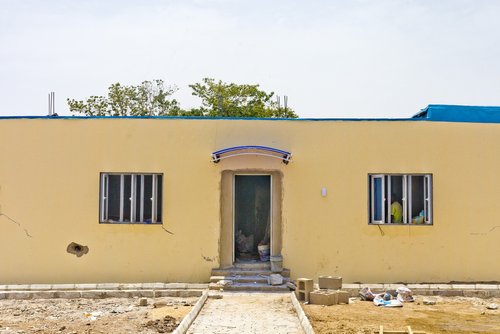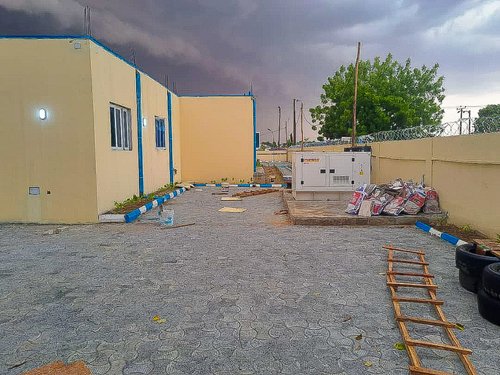By Tijesu Ojumu
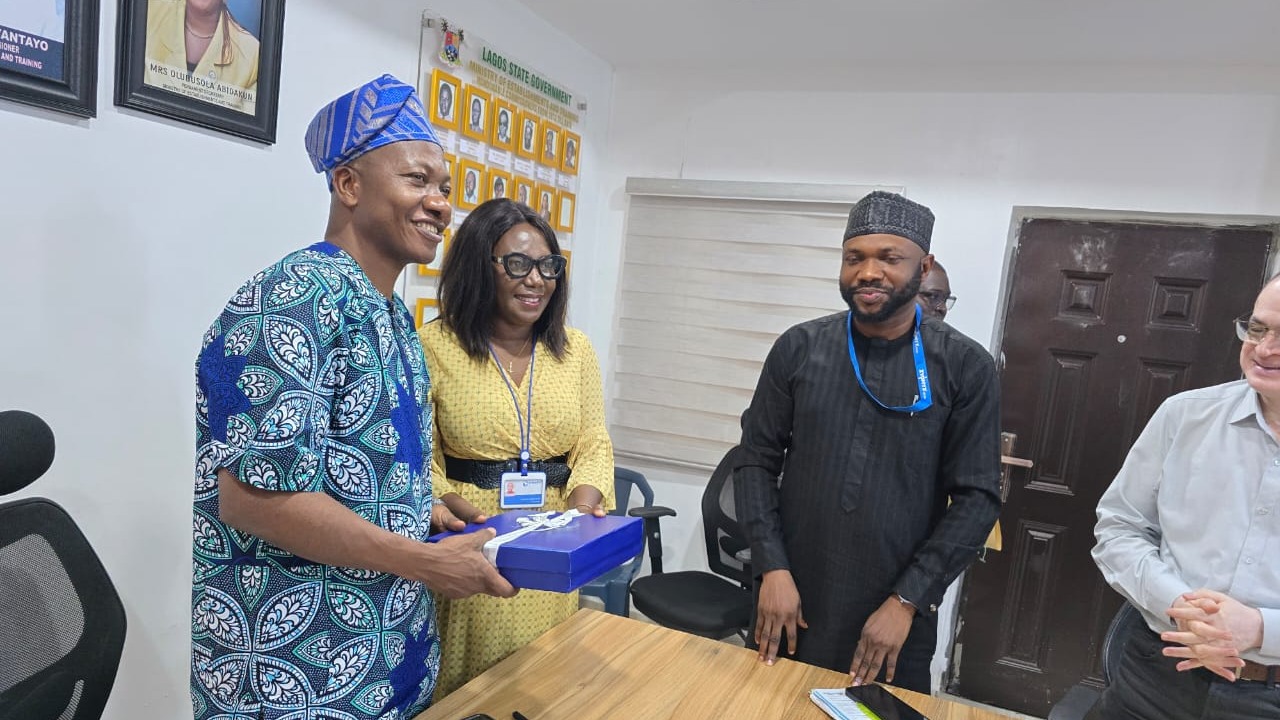
In Nigeria’s most populous state, a quiet transformation is underway—one that could redefine how health services reach millions. This transformation isn’t marked by ribbon-cutting ceremonies or grand speeches. Instead, it’s happening behind the scenes, in consultation rooms, in data dashboards, and through the steady work of planners, health workers, and technologists. It’s the digitization of microplanning, and in Lagos State, it might just change everything.
At the heart of this shift is eHealth Africa (eHA), in partnership with the Lagos State Primary Health Care Board (LSPHCB) and UNICEF. In May 2025, the organizations came together for an inception meeting that laid the groundwork for this bold new chapter: using technology to digitize and strengthen microplanning for primary health care (PHC) delivery.
Why does this matter? Because microplanning is the lifeblood of effective PHC. It’s how local governments decide where to send health workers, how many vaccines to procure, which communities need more outreach, and what gaps remain in the system. Done well, microplanning ensures no one is left behind. Done poorly or manually, it opens the door to inefficiencies, missed targets, and avoidable disease outbreaks.
Today, Lagos has a growing population of over 21 million people, many of whom rely on the public health system for essential services—from immunization and maternal care to malaria prevention and nutrition programs. With such scale comes complexity. Lagos is not a place where a one-size-fits-all health strategy works. Different local government areas (LGAs) have vastly different needs. Communities in riverine areas face completely different access issues than those in dense urban districts. Microplanning allows for nuance. And digitizing that process? That allows for real-time decision-making.
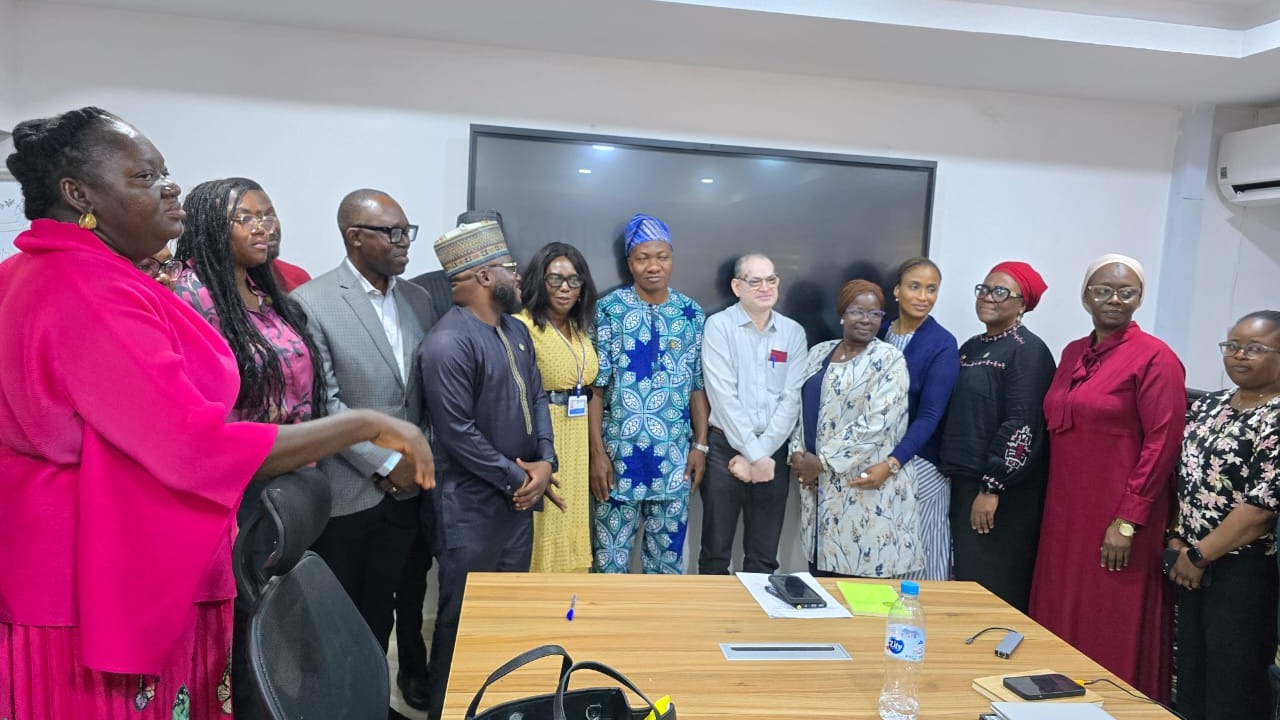
Through the Planfeld platform—developed by eHealth Africa—Lagos is now exploring how digital tools can simplify the entire microplanning process. Planfeld is a dynamic, user-friendly system designed to support data collection, service mapping, and planning workflows at the local level. It reduces the paperwork, centralizes information, and makes updates accessible across teams. With this tool, LGA health planners can visualize health service gaps, allocate resources more efficiently, and track implementation progress without relying on outdated Excel sheets or handwritten registers.
More importantly, it gives health workers and managers access to data they can trust. Imagine a scenario where a health facility can quickly identify which community was missed during the last vaccination round. Or a logistics team that can plan distribution routes based on real-time facility readiness. That’s not just efficient—it’s life-saving.
The inception meeting between eHA, LSPHCB, and UNICEF was more than a formality. It was a deliberate step toward co-designing solutions that work for the people who use them. Frontline workers, program managers, and system architects came together to share their realities and chart a path forward. This collaborative approach ensures that the digital tools being developed are not imposed, but integrated into workflows in a way that feels natural and sustainable.
This transformation also sends a powerful message: that digital health isn’t a luxury, it’s a necessity. As climate change, urbanization, and population growth continue to stretch public health systems, the only way to deliver quality care at scale is to equip decision-makers with timely, granular, and actionable data.
And that’s precisely where Planfeld shines. The platform doesn’t just digitize planning; it democratizes it. It empowers health workers with the information they need to advocate for their communities. It brings transparency to decision-making. And it gives Lagos—a mega city with mega challenges—a real shot at responsive, resilient, and equitable health care.
For eHealth Africa, this is more than a project. It’s a reaffirmation of its core mission: to build stronger health systems through technology and collaboration. Supporting the Lagos State Primary Health Care Board is part of a broader strategy to show how locally developed solutions can create impact at state and national levels.
The road ahead will not be without challenges. Change requires buy-in, infrastructure, training, and continued support. But if the energy in the room during the inception meeting was anything to go by, Lagos is more than ready. Health systems work best when they are built with the people who rely on them. And with digital microplanning, Lagos is proving that the future of health isn’t just digital—it’s local, inclusive, and already within reach.
To learn more about planfeld, visit: https://planfeld.ehealthafrica.org/
